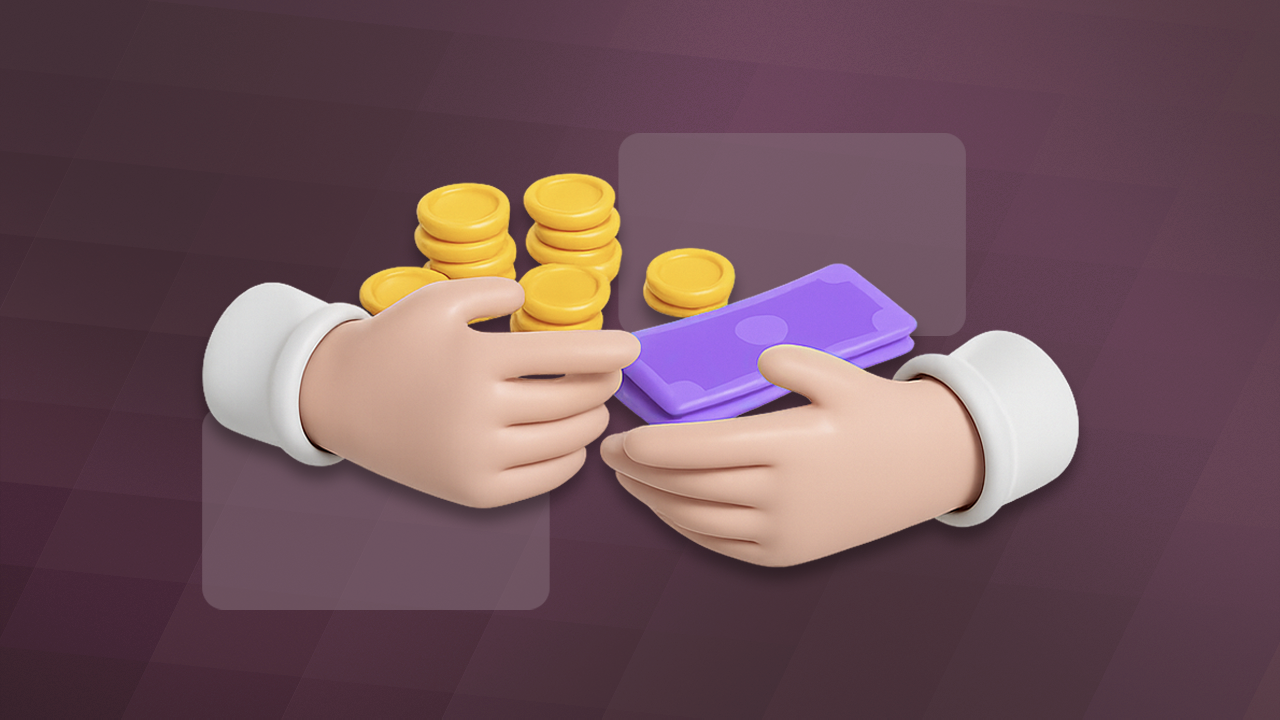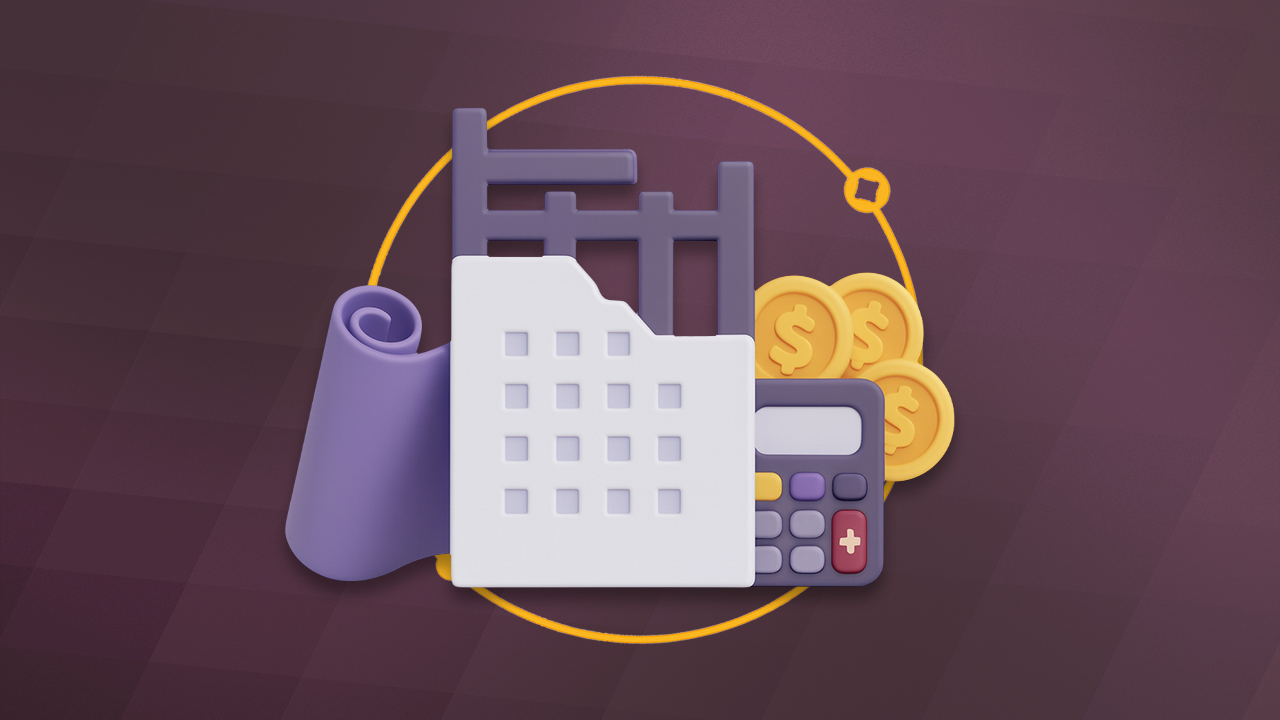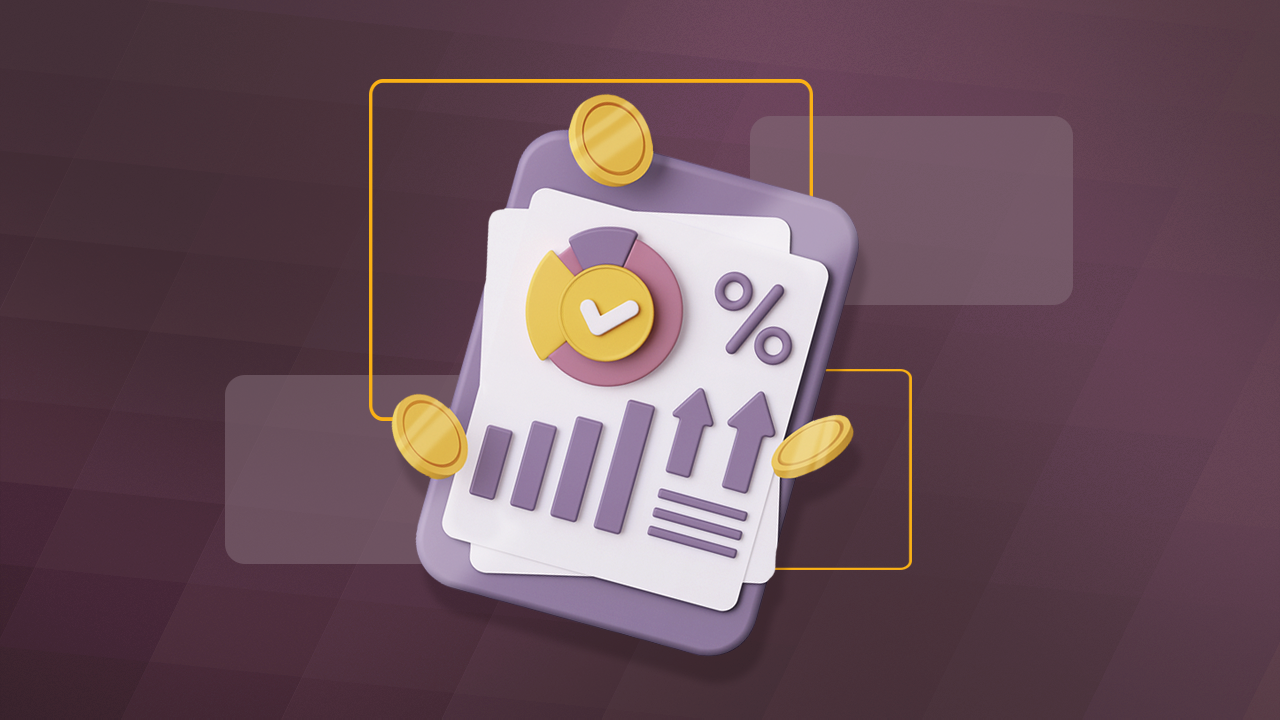So you’ve just landed a $150,000 job or closed a $75,000 wholesale order. That’s a win, but now comes the part no one talks about enough: how to actually get the money in your account without getting crushed by fees or stuck in limbo waiting for the funds to clear.
If you're like most business owners, especially in industries like construction, consulting, and B2B distribution, you've probably learned the hard way that accepting big payments isn’t as simple as swiping a card or sending an invoice. One wire delay or a 3% credit card fee on a $100K invoice, and suddenly your margins take a hit.
Most small and midsize businesses are using payment tools designed for everyday transactions, not for high-dollar deals. In this guide, we’ll discuss the smartest, safest, and most cost-effective ways to accept large payments in 2025, based on real data, real use cases, and what actually works to keep your cash flow steady and your fees low.
Key Takeaways
- Most traditional payment methods become inefficient or costly when handling five- and six-figure transactions.
- Credit card fees can eat into margins, while wire transfers and checks cause delays and extra manual work.
- ACH transfers strike the right balance of cost, speed, and security for large B2B payments.
- Consumer apps like Venmo and Zelle lack features and limits suitable for high-value transactions.
- ACH systems with built-in accounting integrations reduce reconciliation errors and save time.
- Switching to free ACH platforms like Nickel can result in savings of thousands of dollars each month.
- Start accepting unlimited ACH payments with zero fees today by switching to Nickel.
Why Traditional Payment Methods Fall Short for Large Transactions
Most standard payment options aren’t built for high-value transactions. They might work well for routine sales, but once the dollar amounts climb into five or six figures, these methods quickly reveal their flaws.
Credit Card Fees Can Destroy Your Margins
Credit card payments are a common go-to, but they come with hefty processing fees that eat into your profits. A 2.9% fee on a $100,000 invoice translates to $2,900 lost instantly. For businesses with thin margins or tight cash flow, that’s hard to absorb.
Wire Transfers Add Operational Friction
Wire transfers offer better security and faster settlement, but they’re not without issue. Fees typically range from $15 to $50 per transfer, and coordination between banks slows down processing. Most systems lack native integration with accounting platforms, which adds manual work and increases reconciliation errors.
Checks Are Slow, Risky, and Still Surprisingly Common
Checks are still widely used in B2B sectors like construction and manufacturing, but they introduce serious risks. Large checks can take 7 to 10 business days to clear, and a bounced check can disrupt your entire payment pipeline. Fraud risk also increases with physical payments, making them a liability for larger deals.
Why These Methods Create More Problems at Scale
When you’re handling multiple high-value transactions each month, small inefficiencies snowball into lost revenue and wasted time. Every percentage point in fees, every delay in settlement, and every manual process adds friction you can’t afford to ignore.
ACH Transfers: The Sweet Spot for Large B2B Payments
When your business needs to move serious money, ACH transfers often hit the mark. Trusted by payroll providers, government agencies, and major banks, the ACH network handles over $70 trillion in annual transactions. It offers a combination of affordability, speed, and control that few other payment rails can match.
Lower Costs That Scale With You
ACH transfers are significantly more cost-effective than credit cards or wires. Instead of paying 2.9% on a $100,000 transaction, many processors charge a flat fee of $1 to $5, or a rate between 0.5% and 1% (sometimes capped at a maximum dollar amount). That difference adds up fast.
Some platforms even waive ACH fees entirely for approved business accounts. For example, Nickel allows you to accept ACH payments totally free of charge, which means that 100% of every invoice goes into your account.
Security Built Into the System
ACH payments move through federally regulated banking infrastructure, offering strong fraud protections and encrypted data exchange. Unlike checks, which can be lost, forged, or altered, ACH creates an auditable electronic trail from sender to recipient. That added security is critical when large sums are on the line.
Faster Than Checks, Without Wire Costs
Standard ACH processing takes one to three business days, which is fast enough for most B2B transactions. For time-sensitive deals, Same-Day ACH can push funds in hours. It delivers speed without the high fees typically associated with wire transfers.
Integration With Accounting Platforms
Modern ACH tools sync directly with platforms like QuickBooks, Xero, and NetSuite. Payments are matched to invoices automatically, which reduces errors and cuts down on manual reconciliation. This integration saves time and keeps your books accurate, even when managing high transaction volumes. Nickel, for example, features native QuickBooks integration.
For more information, read our guide on the best payment providers for small businesses.
Accepting Large Cash Payments: Risky, Costly, and Rarely Worth It
Accepting cash for five or six-figure payments is not just inconvenient, but also opens your business to unnecessary risk. Once a payment exceeds $10,000, you are legally required to report it to the IRS using Form 8300, per the Bank Secrecy Act. Failing to comply can lead to audits, penalties, or worse.
Aside from compliance issues, handling large sums of physical cash exposes you to theft, complicates recordkeeping, and makes reconciliation messy. It also limits your ability to provide receipts or track payments cleanly.
For most businesses, setting up secure electronic payment methods is faster, safer, and far more professional.
Why Consumer Payment Apps Fall Short
Apps like Venmo, Zelle, and Cash App might work for peer-to-peer transfers, but they fall apart when used for large business transactions. For instance, Zelle typically caps daily transfers between $2,500 and $5,000.
More importantly, these apps lack critical features for B2B transactions. There are no accounting integrations, no transaction histories, and no workflow tools. Trying to patch together a serious payment system using consumer apps is a recipe for delays, errors, and compliance headaches.
Prioritizing Security for High-Value Transactions
Accepting large payments means protecting your business from fraud, disputes, and technical issues. ACH transfers processed through trusted B2B platforms come with built-in safeguards like encryption, identity verification, and detailed audit trails.
These systems also flag suspicious activity and offer customer support if anything goes wrong.
For even greater peace of mind, work with providers that specialize in large business transactions. They offer extra controls, including multi-user approval processes and real-time transaction monitoring.
Handling Large International Payments
International payments introduce currency conversion, regulatory hurdles, and higher transaction fees. While international ACH is expanding, traditional wire transfers remain the most reliable option for large cross-border payments.
To reduce friction and cost, partner with a bank that supports global commerce. You can also look for platforms that offer favorable foreign exchange rates, low fees, and compliance support for international transfers.
Cost Comparison: What You'll Actually Pay
When it comes to accepting large payments, the difference in fees between payment methods can be massive. A 1% fee might seem small, until you apply it to a $100,000 transaction. Suddenly, you’re giving away thousands of dollars just to receive money.
How the Fees Stack Up
Let’s look at the real costs of accepting a $100,000 payment using common methods:
- Credit Cards (2.9%): You lose $2,900 instantly. That’s not just expensive, it’s painful.
- Wire Transfers: Expect $25 to $50 per transaction. Reasonable if used rarely, but adds up fast if you bill frequently.
- Standard ACH (1% fee, potentially capped at a certain dollar amount): Better, but still an unnecessary cost when better options exist.
- Checks: Risk of bounced payments, delays of 7-10 days, and added manual processing.
- Free ACH (like Nickel): Absolutely $0. No limits, no caps, no hidden fees. Just clean, efficient payment processing.
Why Free ACH with Nickel Matters
If your business handles $500,000 in large payments each month, moving from a 1% ACH fee to Nickel’s free ACH could save you $5,000 monthly.
That’s $60,000 annually, money that can be reinvested into growth, staff, or operations instead of disappearing into payment processor margins.
Nickel lets you receive unlimited ACH payments with no fees at all. It’s built specifically for businesses handling high-value B2B transactions, and it doesn’t punish you for growing your revenue.
Setting Up Your Large Payment Infrastructure
Accepting large payments efficiently isn’t just about choosing the right processor. You also need to streamline how payments flow through your business. That means rethinking internal approvals, accounting workflows, and customer-facing communication.
Start by reviewing your current system.
- Where are delays happening?
- Are your customers sending checks because electronic options are too limited?
- Are your teams manually reconciling payments in spreadsheets?
Friction in any of these areas slows down cash flow. Make it easy for clients to pay. Offer flexible options, including ACH, and provide clear, clickable invoices. Automated reminders and secure payment links can dramatically reduce unpaid balances on high-value invoices.
Approval Workflows and Accounting Integration
For larger transactions, it’s smart to create internal approval processes. This adds visibility, prevents errors, and ensures accountability. Many B2B payment platforms now support customizable permissions and roles so finance, sales, and leadership can each view what matters to them.
Choose payment software that integrates directly with your accounting tools. This removes the need to manually match payments to invoices. Systems like QuickBooks, Xero, and NetSuite all support direct integration with leading ACH platforms, making reconciliations easier and faster.
Improving Customer Communication
Clear payment terms and instructions reduce confusion and delays. Don’t just email an invoice. Rather, explain how to pay, what to expect, and who to contact if there’s an issue. Clients are more likely to pay promptly when they feel supported and informed.
For large recurring clients, consider setting up dedicated support or priority billing contacts to speed things along.
Making the Switch: Implementation Considerations
Once you’ve chosen your new payment solution, start by rolling it out to your most dependable clients. These customers are typically more open to trying a new, faster payment method and will benefit from a better experience.
Keep your old system in place temporarily as a fallback. You don’t need to flip the switch on everyone overnight.
Make sure you explain the benefits to your clients. Focus on what they gain, such as faster processing, better security, and easier payments, not just how it helps your business. This approach builds trust and increases adoption.
If you’re currently stuck with paper checks, start phasing them out over the next few billing cycles. As more clients see how much simpler electronic payments are, adoption will accelerate naturally.
Nickel is purpose-built to simplify this transition. It supports unlimited ACH payments, with no fees at all, and integrates cleanly with the tools your team already uses. Also, Nickel is a great way to pay vendors via ACH free of charge.
The Bottom Line on Large Payment Acceptance
Big payments should build your business, not bleed it dry. Yet too many companies get stuck with outdated methods that rack up fees, slow down cash flow, and cause accounting chaos. Credit cards take a cut. Wires waste time. Checks? Don’t even go there.
ACH is the smarter choice. It’s faster, safer, and way cheaper.
And Nickel? That’s the cheat code. With unlimited ACH payments, zero fees, and seamless QuickBooks integration, you keep more of what you earn and waste less time chasing payments. No gimmicks. No nonsense. Just a better way to get paid.
Ready to stop paying thousands in unnecessary fees on large payments? Get started with Nickel's free ACH solution and keep 100% of what your customers pay, regardless of transaction size.
Frequently Asked Questions
What Payment Limits Does Nickel Support?
Nickel supports single ACH transfers up to $1 million, making it ideal for high-ticket transactions in industries like B2B services, wholesale, and construction.
Is Nickel Secure for Handling Six-Figure Transactions?
Yes. Nickel uses bank-grade encryption, fraud monitoring, and identity verification while operating within federally regulated payment rails to ensure safe transfers.
What Types of Businesses Benefit Most from Nickel?
Nickel is built for businesses that collect high-value payments frequently.
Sources
Don't miss these articles
Make every Nickel count
Join 10,000+ businesses paying and getting paid on Nickel






